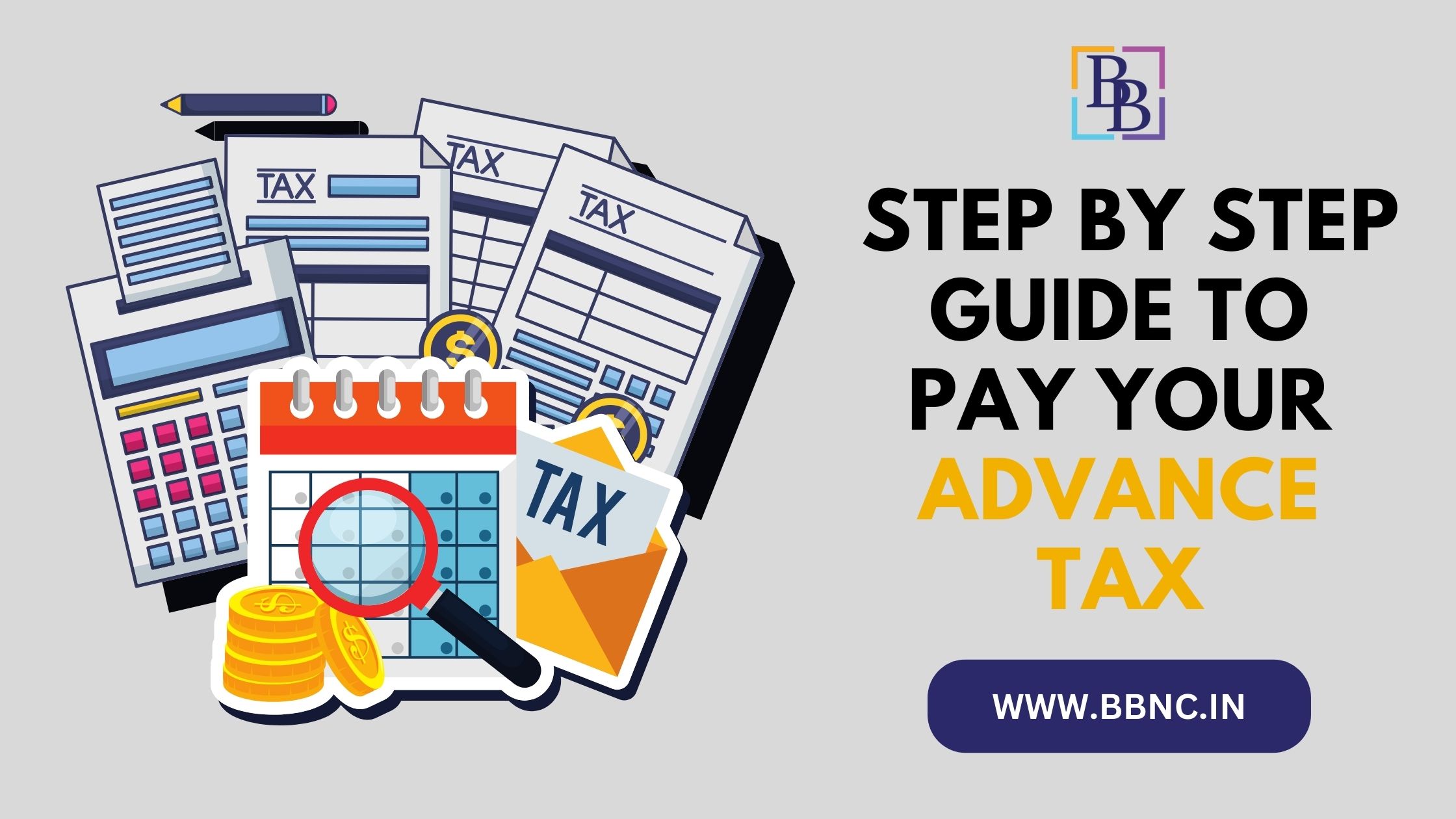Those with sources of income besides their salaries are obligated to pay advance tax. Advance tax can be paid by those who make money via renting out their property, selling their shares, making fixed deposits, winning the lottery, etc. The "Pay as you Earn" plan, often known as advance tax, can be paid through specific banks or online. If you owe more than Rs 10,000 in taxes in a given fiscal year, you must pay the tax. It is required by law that you pay your taxes in the same year that you get your income.
Table of Contents
Who needs to pay Advance Tax?
Every taxpayer, irrespective of whether he/she is salaried, manages a business or is a professional, and whose estimated tax liability in a financial year is Rs 10,000 or more, must pay advance tax.
How to pay Advance Tax?
The I-T department has designated Challan 280 as the method for paying advance tax. You can pay it online by going to the following address:
https://onlineservices.tin.egov-nsdl.com/etaxnew/tdsnontds.jsp and selecting the Challan no./INS 280 tab. Choose "advance tax" next, and then pay with a debit card or net banking. A tax receipt is shown on the screen upon payment. For future reference, download it and carry it with you.
Due dates:
- 15% of the advance tax should be paid on or before 15 June of the financial year.
- 45% of the advance tax (less tax already paid) should be paid on or before 15 September.
- 75% of the advance tax (less tax already paid) should be paid on or before 15 December.
- 100% of the advance tax (less tax already paid) should be paid on or before 15 March.
For taxpayers who have selected the presumptive taxation system, the full amount of advance tax must be paid on or by March 15 of the fiscal year. Advance tax kicks in when a person's tax liability after deducting TDS exceeds Rs 10,000. If advance tax is not paid by the due dates, interest is due on the tax in accordance with the I-T Act's provisions.
Who is liable to pay advance tax?
You must meet the following requirements in order to be eligible to pay advance tax:
- Your tax liability must be at least Rs. 10,000.
- Income from stock-related capital gains
- Profits earned from fixed-deposit investments.
- The proceeds that are earned from a lottery.
- Rent or income derived from real estate.
Consequences of not paying advance tax on time
Failure to pay advance tax on time results in interest charges being levied under Sections 234B and 234C at 1 per cent simple interest per
month or part of a month. Evaluate your advance tax liability and pay it on time, even if you have missed out on paying the first instalment, to avoid further interest liability.
Things to consider
- The advance tax has to be paid on the estimated current income.
- The taxpayer is not required to submit any estimate or statement of income to the tax authorities. Tax can be computed on the current income (estimated by the taxpayer) at rates in force during the financial year.
- While calculating advance tax, adjustments can be made for any TDS deducted.
- The tax liability is also calculated after factoring in deductions available under Sections 80C, 90, 90A, etc.
Tag your income correctly and pay advance tax before the end of the fiscal year. It is better to deal with problems from paying it late than being unable to pay at all. if you need any further help with planning your taxes, you can reach out to info@bbnc.in
